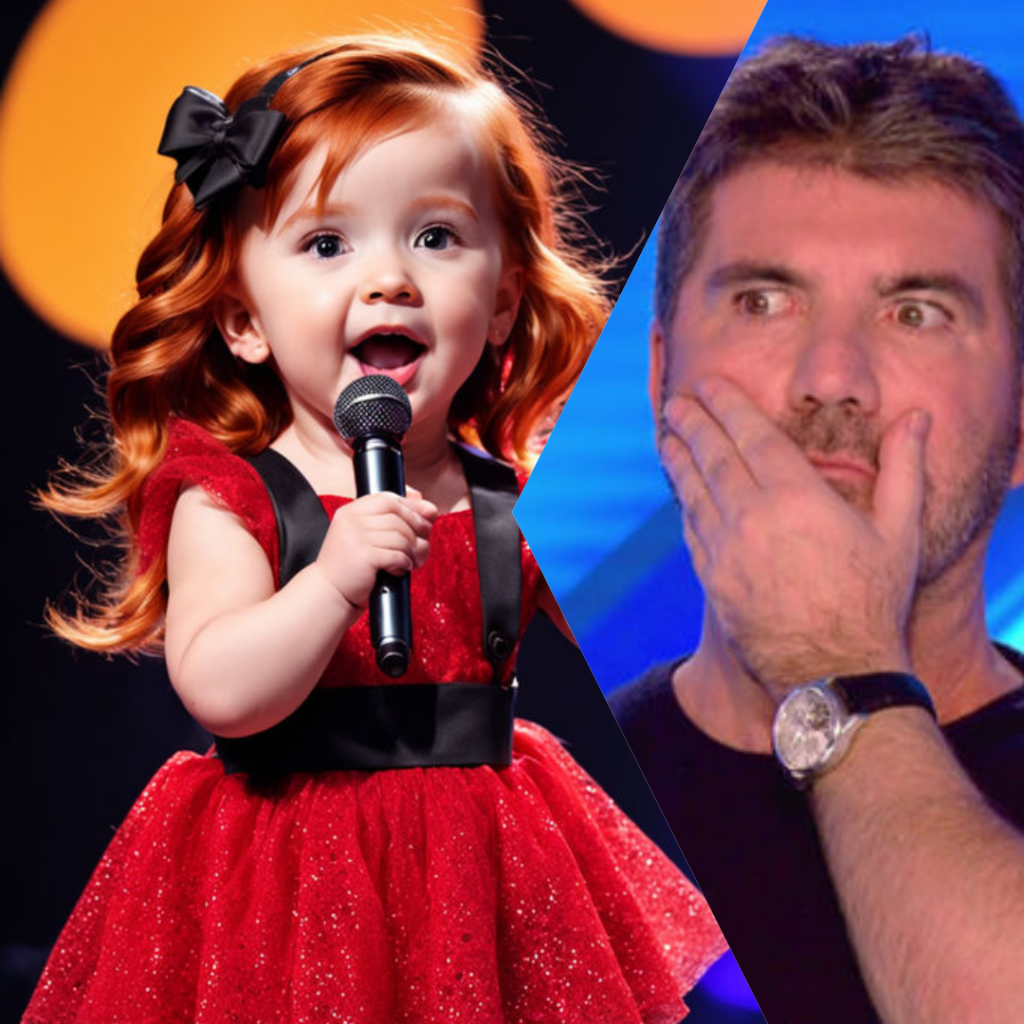Talent shows have long held a special place in the world of reality television, drawing in millions of viewers across the globe. Part of their enduring appeal lies in the way they transform everyday people into stars seemingly overnight. In just a few minutes on stage, someone who once lived a quiet, unassuming life can find themselves standing in the spotlight, their dreams unfolding before the eyes of millions. This blend of raw talent, high emotion, and the possibility of an extraordinary breakthrough creates a kind of magic that keeps audiences coming back, season after season.
But within this realm of fierce competition and emotional storytelling, there are moments that rise above the rest—moments that stop viewers in their tracks and stay with them long after the credits roll. These are not just instances of entertainment, but moments of genuine human connection, where art and vulnerability collide to create something unforgettable.
Few people embody the world of televised talent competitions as much as Simon Cowell. Known around the globe for his sharp wit, blunt honesty, and no-nonsense critiques, Cowell has built a reputation as the judge who rarely lets his emotions show. He has become something of a symbol for tough love in the industry, someone whose praise is not easily earned. And perhaps that is why the rare occasions when Cowell does show deep emotion resonate so powerfully with audiences. When a performance moves him to tears, it signals that something extraordinary has taken place.
On one of those rare occasions, the stage became a place of transformation not only for the contestants but also for the man who has seen and heard it all. The performers who managed to break through Cowell’s famously tough exterior did so with a combination of raw talent and compelling personal stories that struck a chord with everyone in the room. From the very first notes, it was clear that these were not ordinary auditions. There was an intensity in their voices, an urgency in the way they performed, as if the stage itself were their last chance to prove something not just to the judges, but to themselves.
Each gesture, each note, was filled with emotion. It wasn’t just about technique or vocal range—it was about truth. These performers bared their souls, allowing the audience to feel the pain, the joy, and the resilience behind their artistry. The atmosphere in the room shifted, the energy thick with emotion. It was as if every single person in the audience leaned forward in unison, collectively holding their breath.
For Cowell, who is accustomed to critiquing hundreds of performances, these particular auditions were different. They were not simply displays of talent; they were stories of perseverance and humanity told through song. As the final notes lingered in the air, an unusual hush fell over the theater. It wasn’t the silence of hesitation or uncertainty—it was the silence of awe. For a few suspended moments, no one dared to move or speak, afraid to break the spell that had been cast.
Then came the moment that has since been replayed countless times across screens and platforms: Simon Cowell, visibly overcome, rose slowly from his seat. The gesture was small, but it carried enormous weight. For a man so famously composed, so often critical, to be moved to such an extent was extraordinary. His eyes shimmered with tears, his usual stoic expression softened, and he joined the audience in a standing ovation. The room erupted with applause, not just for the performers, but for the powerful reminder of what art can do—it can break down walls, even those carefully built by someone like Cowell.
What makes this moment so remarkable is not only Cowell’s reaction but the ripple effect it created. The audience, already moved by the performance, now had the validation of seeing the toughest judge on television humbled by the same wave of emotion. It was a shared human experience, one where strangers in the crowd, viewers at home, and even the performers themselves could feel united by something larger than the competition.
For the contestants, earning praise from Simon Cowell is often considered the highest compliment imaginable, a kind of golden seal of approval. But to see him visibly moved, to witness his guard drop in such a vulnerable way, is something they will never forget. It transforms the memory of that performance into a life-changing milestone, one that affirms not only their talent but also the authenticity of their journey.
These moments serve as a reminder of why talent shows matter. They are not just about discovering the next star or handing out record deals; they are about showcasing the human spirit. They remind us that music, performance, and art are not merely entertainment—they are languages of emotion, capable of reaching across barriers of culture, background, and even skepticism.
For Simon Cowell, the man who has sat through thousands of auditions and heard every possible attempt at stardom, to be moved so profoundly is a testament to the rare kind of magic that occurs when everything aligns: talent, passion, story, and emotion. It is the kind of magic that makes talent shows unforgettable.



